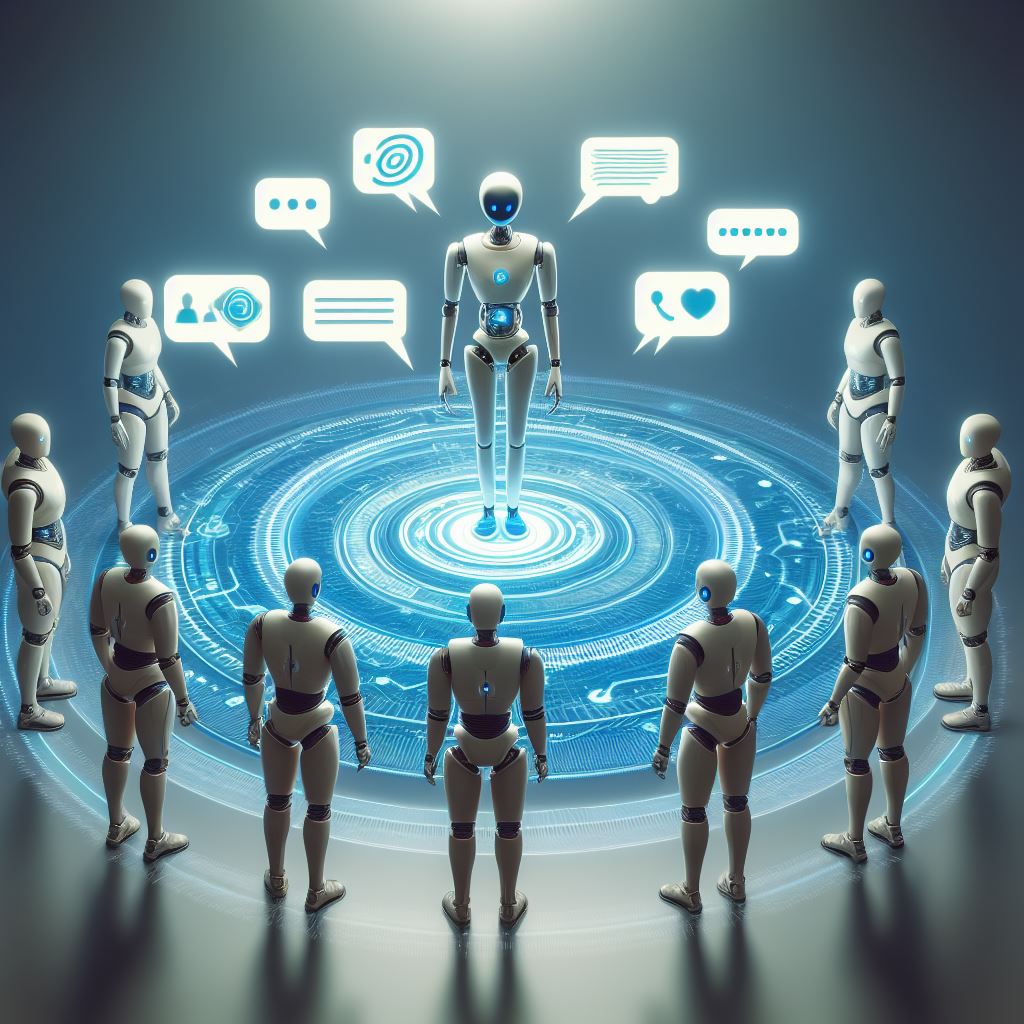Covariant Reveals RFM-1: The ChatGPT for Robots, Paving the Way for Human-Like Reasoning in AI Systems
Covariant is a spinout of UC Berkeley. It has recently launched RFM-1 (Robotics Foundation Model). It is a revolutionary AI program that enables robots to understand like humans. It is just like ChatGPT but made for robots. It is founded by CEO Peter Chen. He describes it as a large language model (LLM) especially made for robot communication.
The origin of this program has been originated by researching a vast data collection through robot classification. Covariant has already assembled a robot database parallel to the LLM database. The main purpose and vision of the innovation is to enable robots to work beyond their normal capacities. It will enable them to work in different platforms like manufacturing, food processing, recycling, and even in homes. RFM-1 is aiming to be the motivation behind this application.
Humanoid robots already have attention. Covariant’s main focus is on industrial robotic arms. These multipurpose arms perform errands like bin picking and warehouse tasks. Covariant has not yet deployed on humanoids but it still is skeptical.
Its “human-like ability to reason” is the trait that sets RFM-1 apart which is an important turning point in Generative AI. It facilitates robots to make knowledgeable choices by linking language understanding and physical-world execution.
be that as it may, claims of “human-like reasoning” endorse inspection. While the robotic community is zooming towards its “GPT moment,” Covariant’s RFM-1 stands at the cutting edge confident enough to define how robots perceive and interact with the world.
The future of AI in robotics is no longer a faraway dream. It’s blossoming right before our eyes.
Read More: Anthropic Claude 3 AI outperforms OpenAI’s GPT-4
Read More: OpenAI Unveils Sora, a Game-Changing Text-To-Video Model for Generating Complex Scenes

